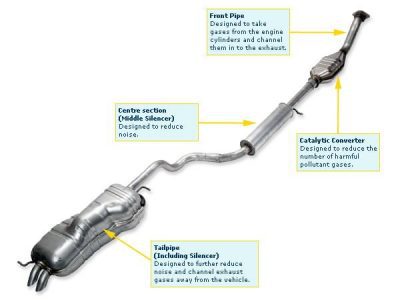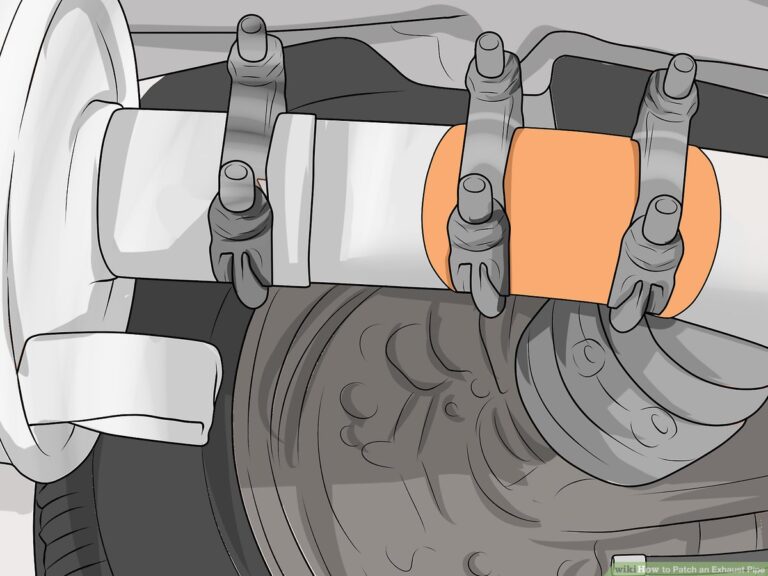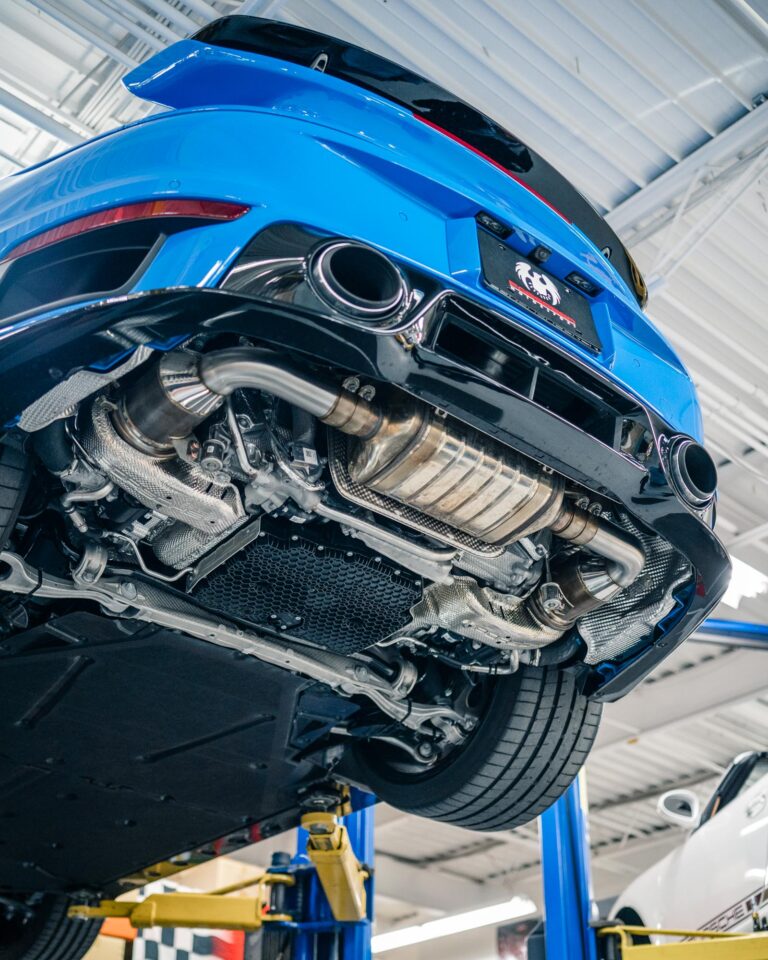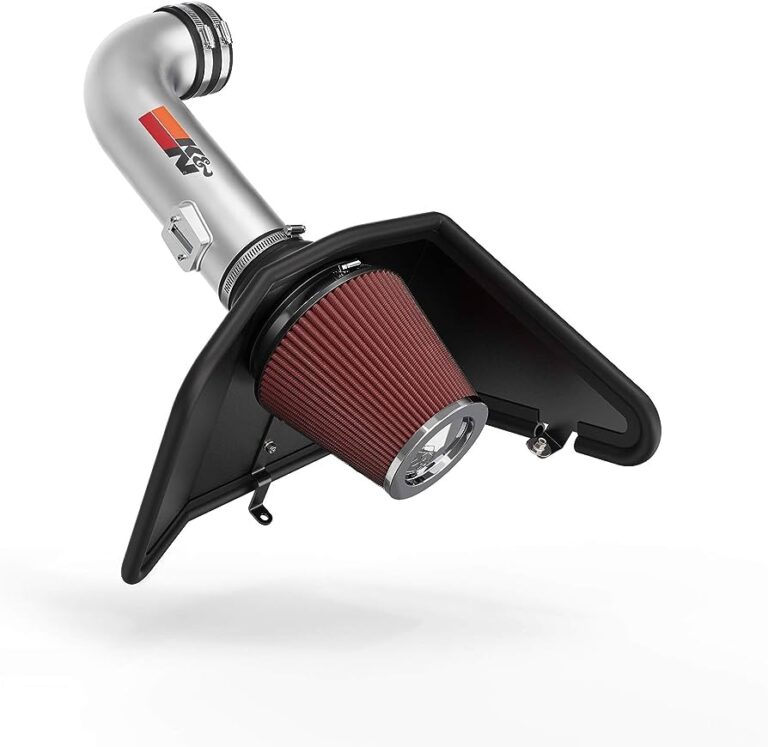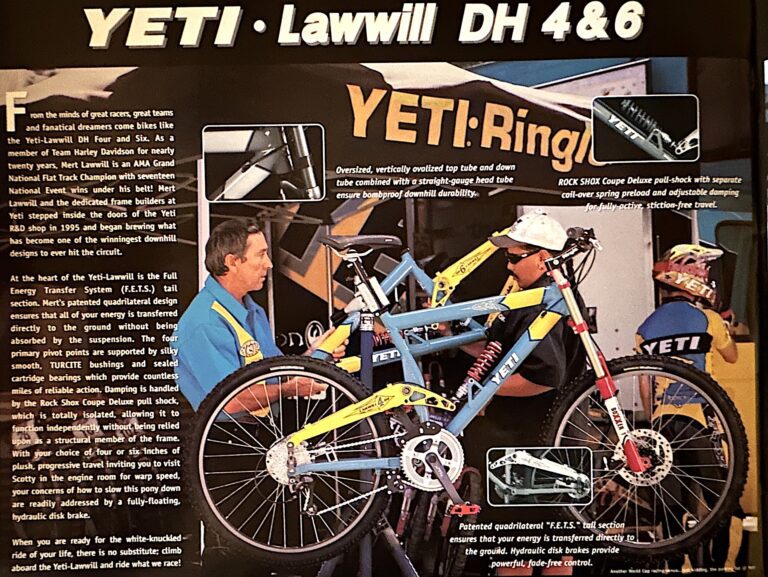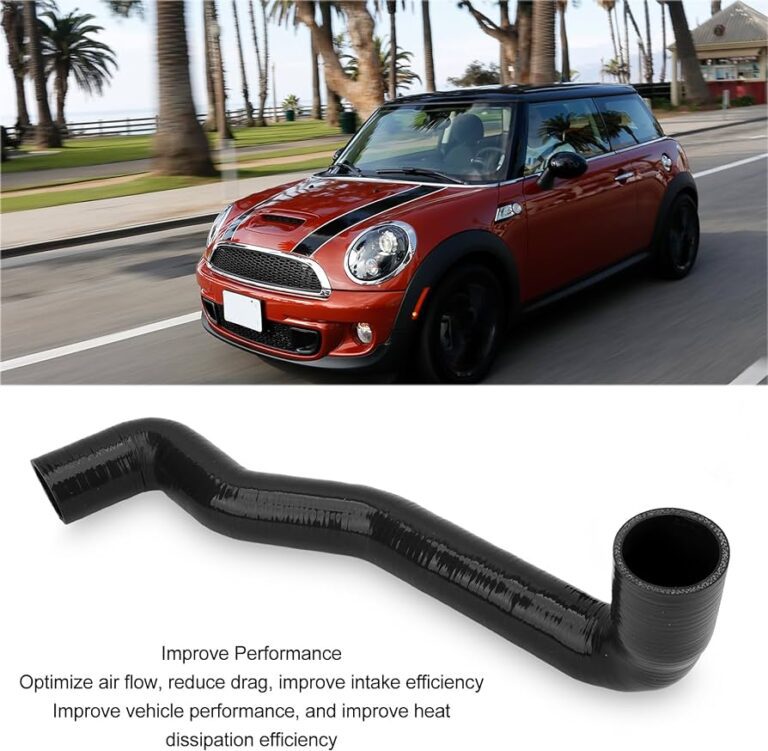My Exhaust is Leaking: Uncover the Power to Fix it Yourself!
Your exhaust is leaking, which requires immediate attention to prevent further damage and ensure your vehicle’s proper functioning. A leaking exhaust can lead to harmful fumes entering the cabin, decreased fuel efficiency, and potential engine problems.
Take action promptly to avoid compromising your safety and the performance of your vehicle.
Signs Of An Exhaust Leak
Signs of an Exhaust Leak:
An exhaust leak can be a potential problem in your vehicle and it’s important to recognize the signs. One of the clearest indications of an exhaust leak is an unusual noise coming from your exhaust system. Popping, hissing, or loud roaring sounds may indicate a leak.
Another sign to watch out for is a strong smell of exhaust fumes inside or outside your vehicle. This smell is usually noticeable when the engine is running. If you detect a strong odor, it could indicate a leak in the exhaust system.
In addition, an exhaust leak can also lead to a decreased fuel efficiency. If your vehicle is using more fuel than usual, it may be due to a leak in the exhaust system.
Diagnosing An Exhaust Leak
When facing an exhaust leak, it is crucial to conduct a detailed inspection of your exhaust system. Visual examination plays a crucial role in identifying potential leaks. Look for any signs of damage, including rust, holes, or loose connections. Be thorough and check from the manifold to the tailpipe. To further pinpoint leaks, performing a smoke test can be highly effective. This involves introducing smoke into the exhaust system and observing any areas where it escapes. Another method is to listen for hissing sounds, as they can indicate a leak. Pay close attention to the engine compartment and underneath the vehicle while the engine is running. Taking these steps diligently will help you detect and diagnose any exhaust leaks, allowing for timely repairs and ensuring the optimal performance of your vehicle.
Fixing An Exhaust Leak On Your Own
Fixing an Exhaust Leak On Your Own
Essential Tools and Safety Precautions:
- Socket wrench set
- Jacks and jack stands
- Safety goggles and gloves
- Fire extinguisher
Repairing Small Cracks or Holes:
1. Locate the area of the exhaust system that is leaking.
2. Clean the area around the leak to remove any debris or rust.
3. Apply a high-temperature epoxy or exhaust system repair paste to seal the crack or hole.
4. Let the epoxy or paste cure according to the manufacturer’s instructions.
5. Reconnect the exhaust system and check for any additional leaks.
Replacing Damaged or Worn-out Gaskets:
1. Identify the gasket that needs to be replaced.
2. Remove the bolts or clamps securing the exhaust components.
3. Take out the old gasket and clean the surfaces it was attached to.
4. Place the new gasket in position and reassemble the exhaust system.
5. Test the system for leaks and ensure proper alignment.
Regular Inspection And Maintenance Routine
The exhaust system is an essential component of your vehicle and ensuring that it is in good condition is crucial for optimal performance and safety. Regular inspection and maintenance can help prevent issues such as exhaust leaks. Checking the exhaust system for damage is the first step in identifying any problems. Inspect the pipes, connectors, and mufflers for signs of rust, corrosion, or damage. Pay close attention to any visible cracks, holes, or loose connections.
If you notice any loose clamps, tighten them securely to ensure a proper seal. Loose clamps can contribute to exhaust leaks. Replace any rusty or corroded pipes to prevent leaks and improve the overall efficiency of your exhaust system. Corroded pipes are more prone to developing holes and cracks, which can lead to exhaust leaks and potential hazardous fumes entering the cabin.
Using High-quality Exhaust Components
When it comes to the performance and efficiency of your vehicle, investing in high-quality exhaust components is crucial. Not only can a leaking exhaust cause issues such as decreased power and fuel efficiency, but it can also release harmful emissions into the environment.
Choosing the right exhaust pipe materials is an essential step in ensuring the longevity and performance of your exhaust system. Stainless steel is a popular choice due to its durability and resistance to corrosion. Aluminized steel is another option that provides a balance between cost and performance.
Proper installation is equally as important as selecting quality parts. Ensuring a tight and secure fit is key to preventing leaks and maximizing the effectiveness of your exhaust system. It is recommended to have a professional handle the installation to guarantee proper alignment and sealing.
By investing in high-quality components and following proper installation procedures, you can extend the lifespan of your exhaust system and enjoy optimal performance and efficiency from your vehicle.
Proper Driving Habits To Prevent Leaks
Proper Driving Habits to Prevent Leaks:
Leaking exhausts can be a hassle, but there are driving habits you can adopt to prevent them from occurring. Avoid revving the engine excessively at startup as this can put unnecessary pressure on the exhaust system. Instead, start the car and let the engine warm up gradually. This allows the components to expand uniformly and reduces the risk of leaks. Additionally, be mindful of overloading your vehicle for extended periods. Carrying excessive weight can strain the exhaust system, leading to leaks over time. By maintaining proper driving habits and being mindful of your vehicle’s limitations, you can minimize the chances of experiencing exhaust leaks and ensure a smooth and enjoyable driving experience.
Complex Exhaust Repairs
Exhaust leaks can be a common issue, and it’s important to address them promptly to prevent further damage to your vehicle. Complex exhaust repairs often require professional expertise and specialized services.
- Dealing with extensive damage: Extensive damage to your exhaust system may require a variety of repairs, including replacing damaged components, fixing worn-out gaskets, and addressing rust issues.
- Catalytic converter replacement: A faulty catalytic converter can cause significant exhaust leaks and affect your vehicle’s performance. It’s crucial to have it replaced by a professional to ensure proper functioning of your vehicle and to comply with environmental regulations.
- Professional welding services: Welding is often required for repairing exhaust systems with extensive damage. Professional welders can provide precision welding to fix leaks and reinforce weakened sections.
When it comes to complex exhaust repairs, it’s best to consult with a qualified mechanic or an exhaust specialist. They can assess the extent of the damage and provide appropriate solutions to fix the leaks and restore the functionality of your exhaust system. Addressing exhaust leaks promptly can prevent potential issues such as reduced fuel efficiency, increased emissions, and potential damage to other components of your vehicle.
Professional Exhaust System Maintenance
Regular inspection and tune-up of your vehicle’s exhaust system are crucial in ensuring its optimal performance and longevity. During an exhaust inspection, a trained technician will carefully assess the different components of the system, such as the muffler, pipes, and catalytic converter, to identify any leaks or damage.
One of the key areas that require attention is the catalytic converter. This device plays a crucial role in reducing harmful emissions from your vehicle. Regular cleaning of the catalytic converter helps maintain its efficiency and prevent clogging or malfunctioning.
In addition to cleaning, it’s essential to check for any misalignment or looseness in the exhaust components. Over time, vibrations and wear can cause the system to become misaligned or develop leaks. Fixing these issues promptly helps prevent further damage and ensures that the exhaust system operates optimally.
| Benefits of Professional Exhaust System Maintenance |
|---|
| • Maintains optimal performance |
| • Extends the lifespan of the exhaust system |
| • Reduces harmful emissions |
| • Prevents further damage and costly repairs |

Credit: www.amazon.com
Frequently Asked Questions Of My Exhaust Is Leaking
Is It Ok To Drive With An Exhaust Leak?
Driving with an exhaust leak is not recommended. It can lead to harmful fumes entering the vehicle cabin, affecting your health. It may also damage the engine and decrease fuel efficiency. Get your exhaust system fixed by a professional mechanic as soon as possible for safety and optimal performance.
How Do You Fix A Leaking Exhaust?
To fix a leaking exhaust, you should first locate the leak using soapy water or an exhaust leak detector. Once found, you can repair it using a patch, sealant, or by replacing the damaged section. Lastly, make sure to check all connections and fastenings for any looseness or damage.
Is An Exhaust Leak Expensive To Fix?
Fixing an exhaust leak can vary in cost depending on the severity of the issue. It is advised to seek professional assistance for an accurate diagnosis and estimate.
What If My Exhaust Pipe Is Leaking?
If your exhaust pipe is leaking, it is important to get it fixed as soon as possible. Leaks can lead to increased noise, reduced fuel efficiency, and potential carbon monoxide exposure. Contact a professional mechanic to diagnose and repair the issue promptly.
Conclusion
If you notice a leaking exhaust, it is crucial to address the issue promptly to ensure your safety and maintain your vehicle’s performance. By understanding the causes and symptoms of an exhaust leak, you can take the necessary steps to fix the problem.
Remember to consult a professional mechanic for proper diagnosis and repairs. Don’t underestimate the importance of a well-maintained exhaust system for your car’s health and your overall driving experience. Stay proactive and keep your car running smoothly!
